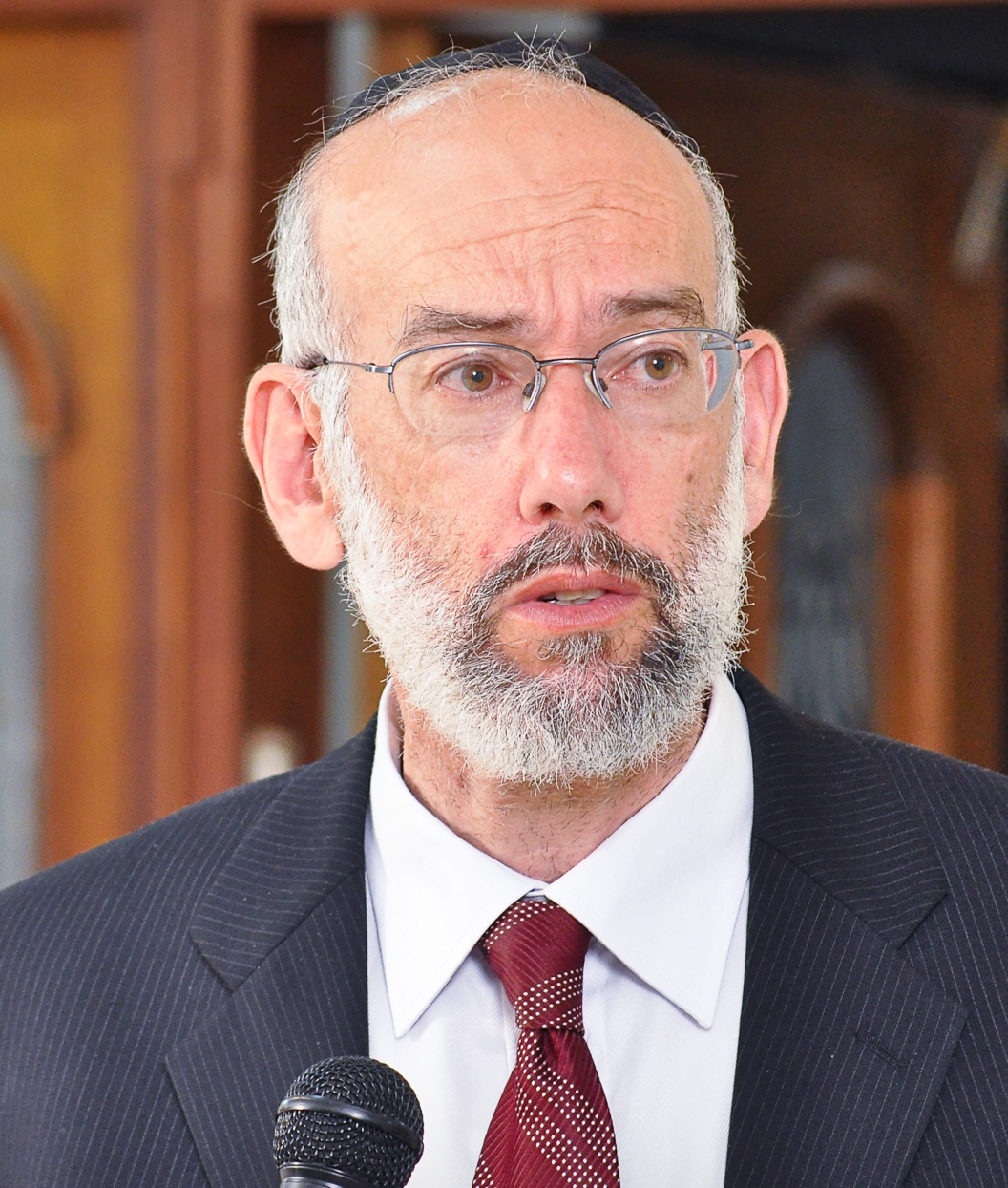Parshat Vayigash
Yehudah offers an impassioned appeal for mercy to the viceroy and his words have a greater impact than he could have hoped. The viceroy reveals himself to be none other than their long lost brother Yosef.
What did Yehudah say that was so effective that it convinced Yosef to make himself known?
Rabbenu Bachya highlights Yehudah’s wisdom in how he speaks to Yosef, who had just framed Binyamin. Yehudah had every right to be angry at this time. He easily could have accused Yosef of creating a conspiracy designed to give them trouble. Rather than argue with the viceroy (Yosef), Yehudah spoke to his conscience. He did this after he noticed the Egyptian viceroy’s curious sentimentality towards the brothers’ father: After having previously asked about Yaakov’s well-being, the viceroy now wished the brothers a peaceful journey and bid them to return to their father. Yehudah saw the viceroy’s own concern for their father as his best weapon to parry back at him.
Speech is, first and foremost, a means of communication, which indicates that our words should be used to get across a specific message. Using words properly, however, requires forethought. The famous mussar personality, Rabbi Shlomo Wolbe, zt”l, initiated long pauses before he spoke. They were meant to accomplish two things: 1) to fully understand what his interlocutor was saying, and 2) to properly think out what he would say in response. He understood that words can have great power, but only if you take many things into account. You must be aware with whom you are speaking; what their emotional situation is; what their motivation for speaking is, etc.
It appears that Yehudah was a master of communication, someone who fully appreciated the power of thought-out speech.
This Dvar Torah was adapted by Harry Glazer from pages 107-109 in the chapter “Redeeming Our Ideals: Yehudah and the Making of a Jewish Leader,” in Rabbi Francis Nataf’s book Redeeming Relevance In the Book of Genesis: Explorations in Text and Meaning (Urim Publications, Jerusalem, 2006).
